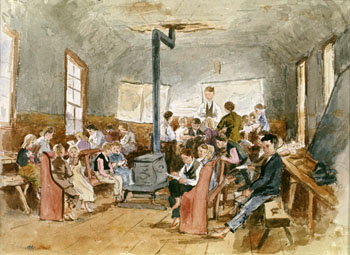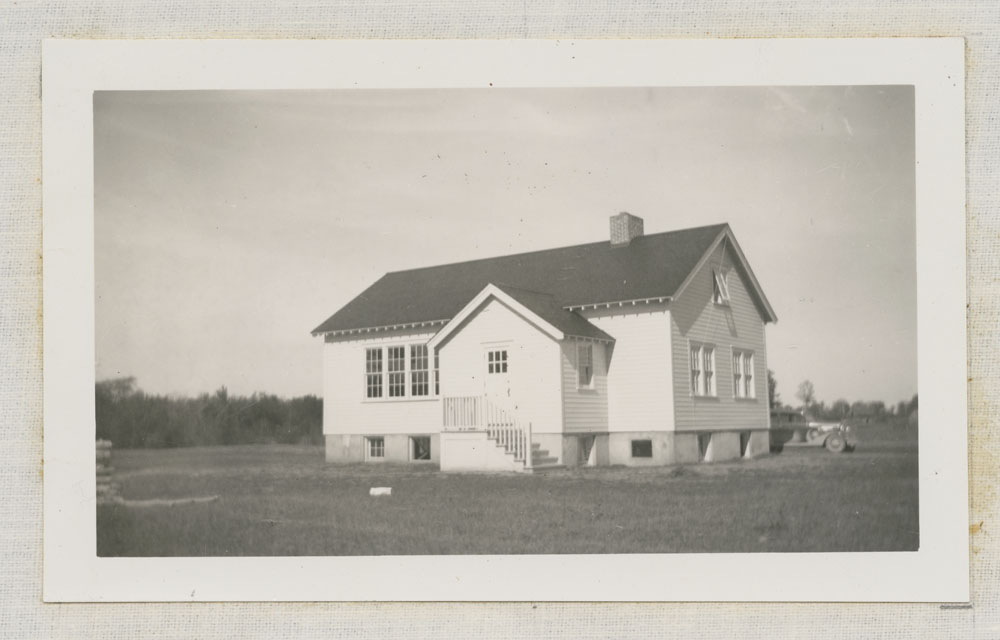Article
High School (Secondary School)
The term "high school" applies to the academic institution that follows elementary school. The term "secondary school" is often used as an alternative term. High schools prepare students for post-secondary education and training or employment after graduation.









